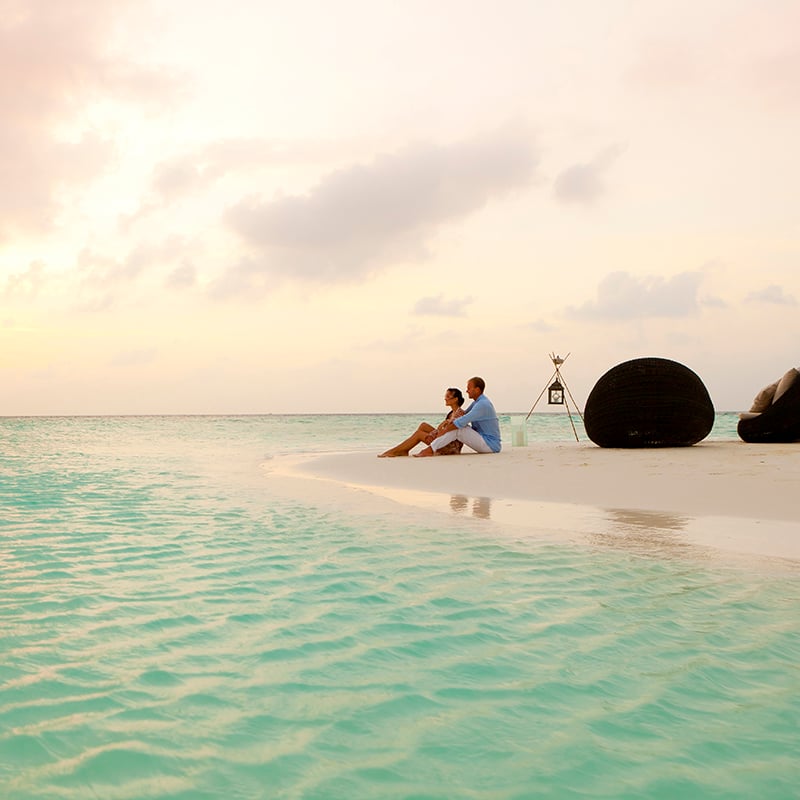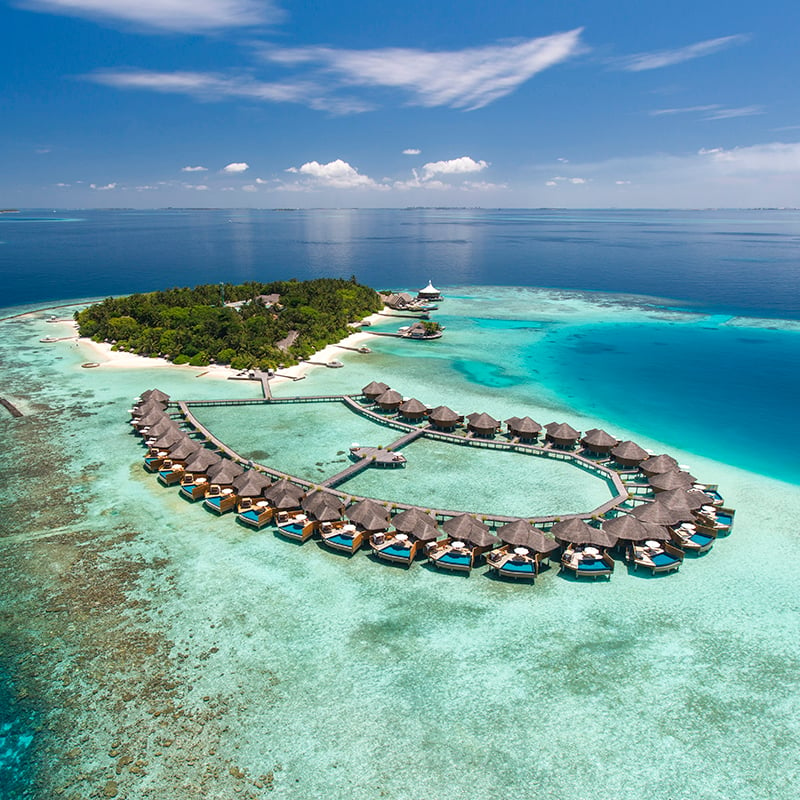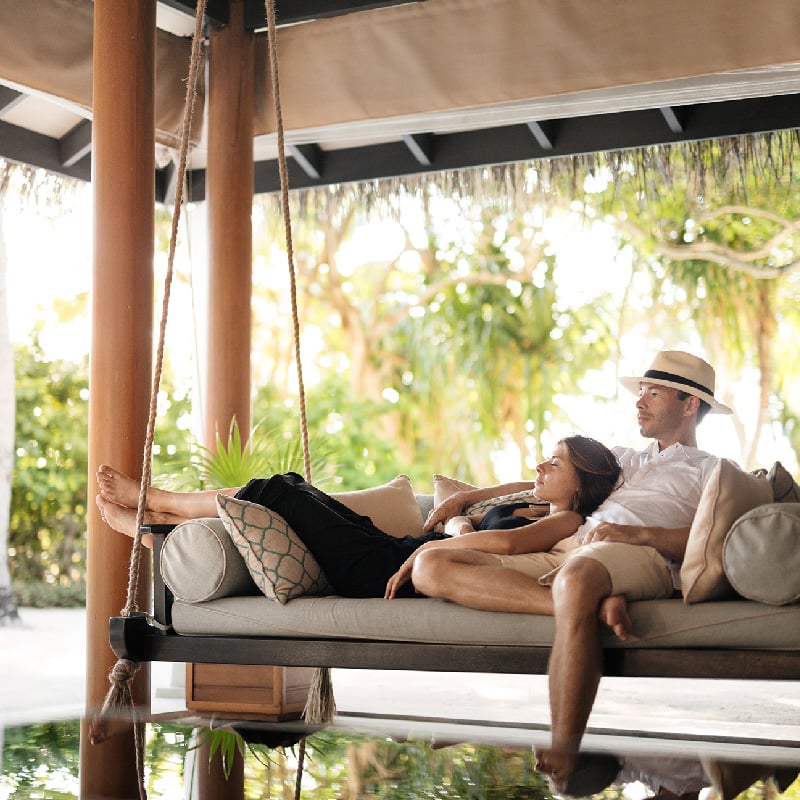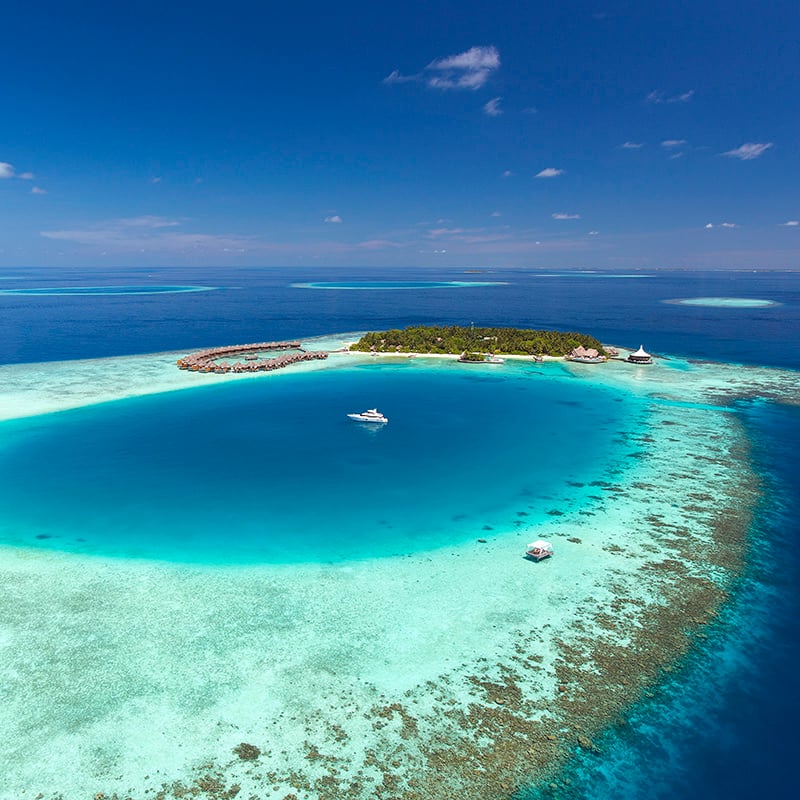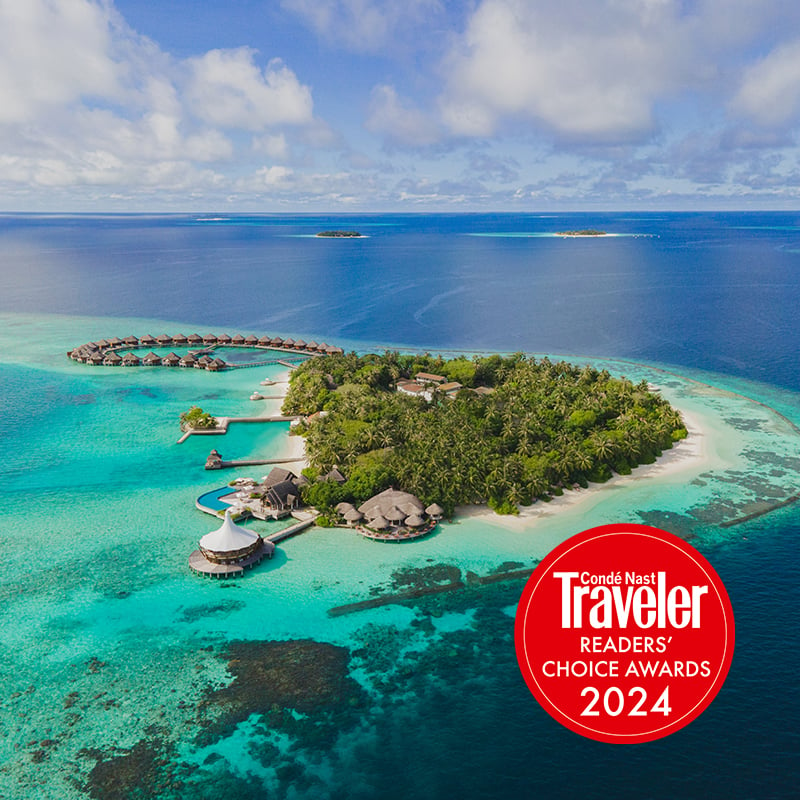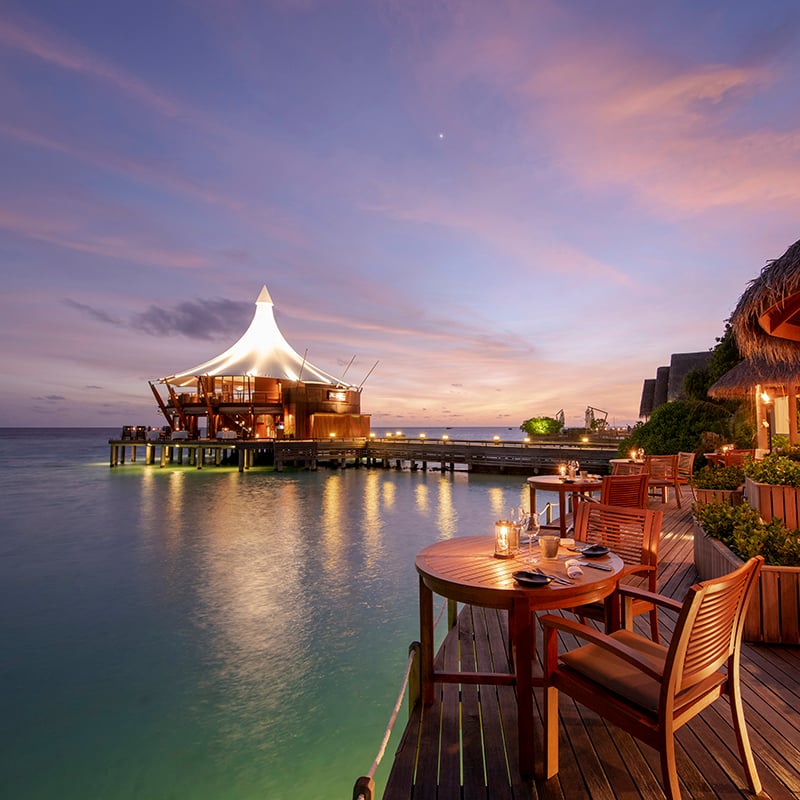HISTORY OF MALDIVES TOURISM
12 January 2023 | All Blogs, Destination
![]()
History of Maldives tourism – Baros Maldives, the icon of responsible, luxury tourism
The swaying palms tower overhead, the dense foliage and cocooning canopy a lush green against a backdrop of blue sky and sea, as your feet sink into the pristine white sand of the beach.
This is the natural beauty of Baros and is the legacy of our long history as a pioneer in the tourism industry of the Maldives.
We have been welcoming guests since 1973 and have spent decades perfecting our services and cultivating and protecting our environment.
1. Deserted islands
The Maldives is known for its natural beauty, but 50 years ago it was largely a hidden gem. The archipelago was mostly uninhabited with small clusters of fishermen living on some of the islands. There were no regular flights and no investment into the area. The world was largely unaware of the Maldives as a travel destination.
Today, the 1,200 pristine islands that make up the Maldives are at the top of the list of highly sought out travel destinations.
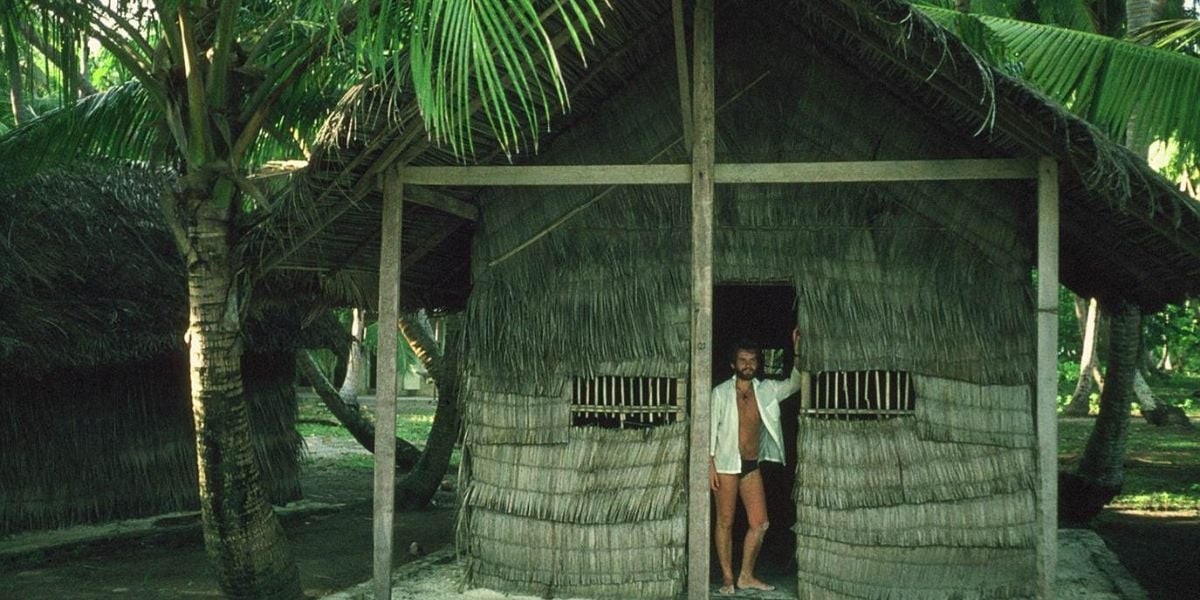
2. A discovered gem
A Maldivian pioneer and an Italian travel agent opened the first resort in the Maldives in 1972. From there, development has been exponential with new resorts opening all the time. This growth has meant an increase in the income, life expectancy, literacy rate and quality of life for many Maldivian residents.
Baros, still locally owned, was the third resort to open in 1973. Previously an operational coconut plantation, none of the island was artificially reclaimed and Baros is still committed to maintaining the ecological and environmental integrity of our island.
3. Safeguarding the treasure of Baros
Over the past 50 years, the Maldives has seen many tourists come and go. The delicate ecosystems of our islands and reefs now need help navigating the impact of tourism. Baros is at the forefront of this, working hard to preserve and protect the Maldivian ecosystem and the natural beauty that you have come to expect and love from the islands.
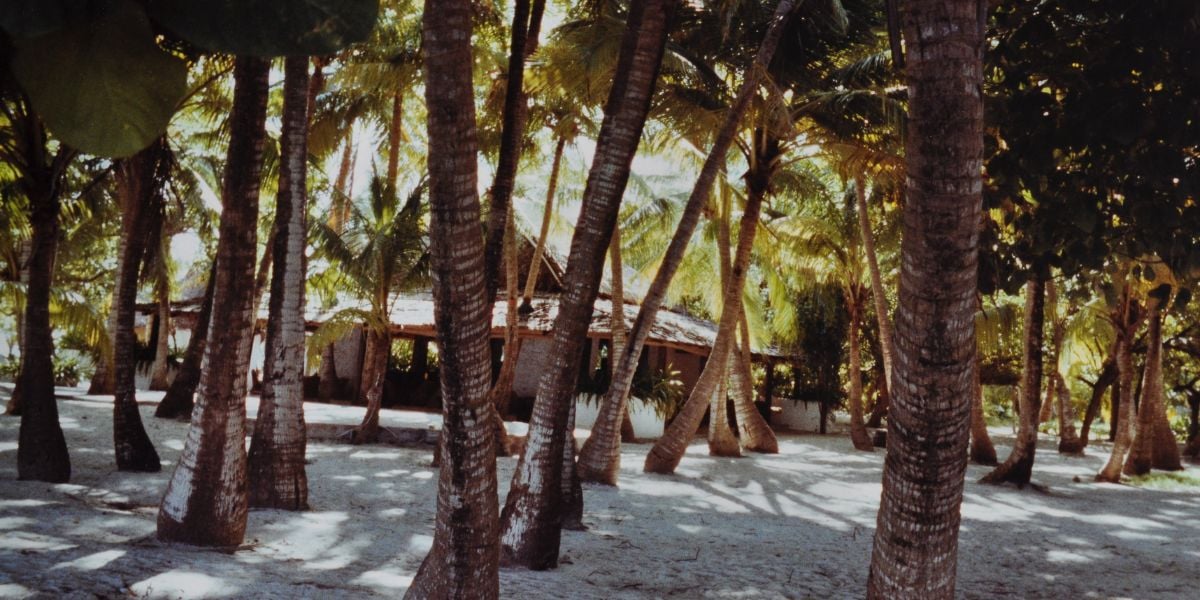
4. Growing and nurturing our ecosystem
One of the ways we are doing this is through our Coral Cube initiative.
Our onsite marine biologists utilise various techniques to support the health of the house reef, including floating lines and coral frames on which corals can grow. But while these techniques can be hugely successful, they don’t help to propagate the reef itself. That’s why we’ve launched a new programme that centres on coral restoration in the reef itself; the Coral Cube planting initiative.
Corals act as shelters and nurseries for a variety of marine life and protect the islands from strong currents and waves. With climate change, as temperatures rise, corals tend to bleach and die.
Our Coral Cube initiative encourages guests to plant concrete Coral Cubes in predetermined areas of the house reef that need the most support. Broken coral pieces that are still alive can then be attached to these structures.
These Coral Cubes are formed from reusable wooden moulds, involve no plastic elements and the corals attach directly onto the concrete itself. In other words, no harmful substances are used and no waste is left behind, making this technique wonderfully environmentally friendly.
Baros is committed to protecting the natural treasure of our island, ensuring that when guests return they return to an island of undiminishing beauty, as breathtaking now as it was when the first guest stepped ashore over 50 years ago. Book your Baros experience here: https://www.baros.com/offers
 English
English  РУССКИЙ
РУССКИЙ  DEUTSCH
DEUTSCH  简体中文
简体中文  Spanish
Spanish 